“We turned the oven off on Tuesday,” said Angelo Arrigoni, 79, whose father opened the little shop in 1930 during Pius XI’s papacy, and who would hand-deliver bread to the papal household.
Each time a new head of the Catholic Church was elected, the “Panificio Arrigoni” on Borgo Pio, just a five-minute walk from St Peter’s Square, would get ready to cater to the new pope’s tastes.
Polish Pope John Paul II, elected in 1978, “said he wanted the bread his workers ate”, Arrigoni said.
“The workers ate both the ciriola, that big, classic Roman loaf that hardly anyone makes anymore, and rosetta rolls,” he told AFP.
“So for his whole papacy, which lasted almost 27 years, we gave him five ciriola and five rosetta rolls.”
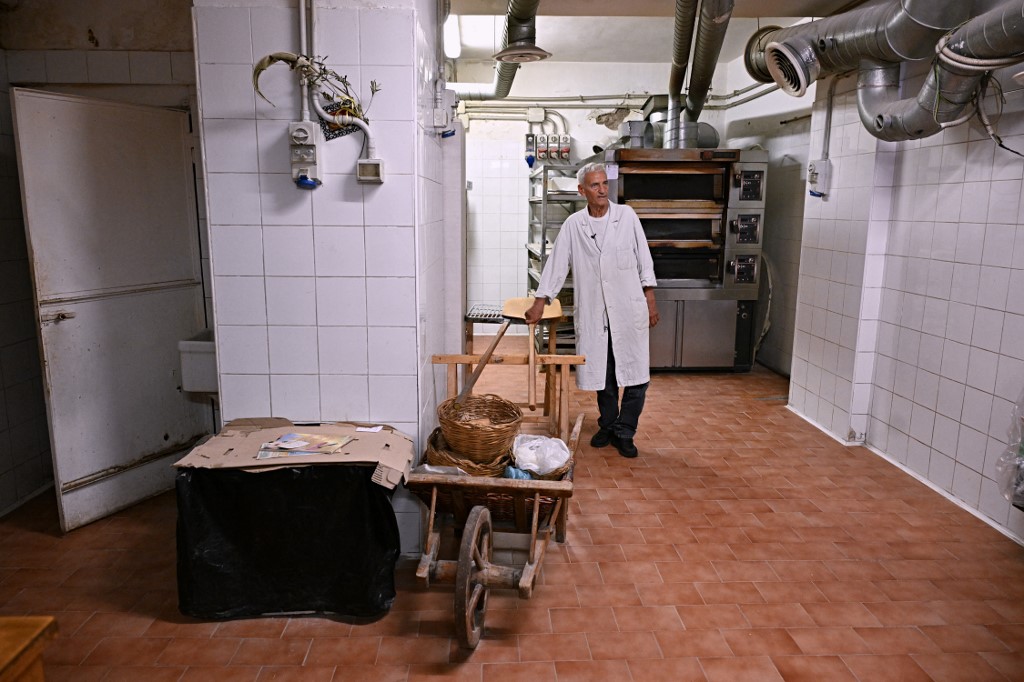
READ ALSO: Driver arrested after ramming car through Vatican gate
When his successor Benedict XVI was elected, Arrigoni rang the papal household but was told by a nun that the new German pope would be sticking with the baker he frequented as a cardinal.
“But I am that baker!” he told her, for Benedict had already been getting cheese and unleavened bread from him as Cardinal Joseph Ratzinger.
Piece of history
Pope Francis has also been served by Arrigoni, but will now need to look elsewhere for his daily bread, after the baker found himself squeezed by a drop in loyal local customers and steep energy prices.
“The district has changed,” he said. “All the houses that used to be full of people have become rentals for tourists,” most of whom don’t do a daily shop for basics, but prefer to eat out in the city’s restaurants.
News that the premises have been sold has saddened Arrigoni’s remaining regular customers.
Tourist guide Francesca Pantusa took her time eating her last sandwich, prepared with care by Arrigoni.
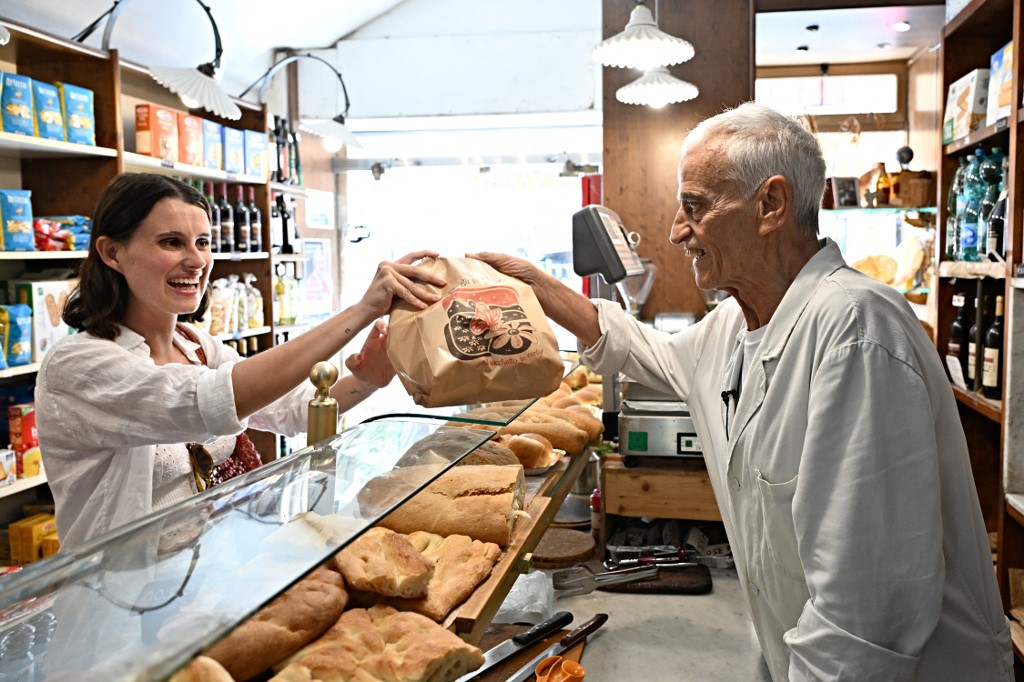
“In Borgo Pio, there are only tourist restaurants…whereas here you can find good products, at the right price and with Angelo who’s incredible – kind, friendly…it makes me want to cry”, she said.
The bakery stood out on the street, particularly for the lack of tourist-friendly tables outside – a sore subject with Arrigoni, after he tried and failed to convince the council to give him permission.
Vatican reporter Iacopo Scaramuzzi slammed the council on Twitter, asking why a city “drunk with nostalgia was unable to preserve its heritage” and save “the popes’ baker…a piece of Vatican history”.

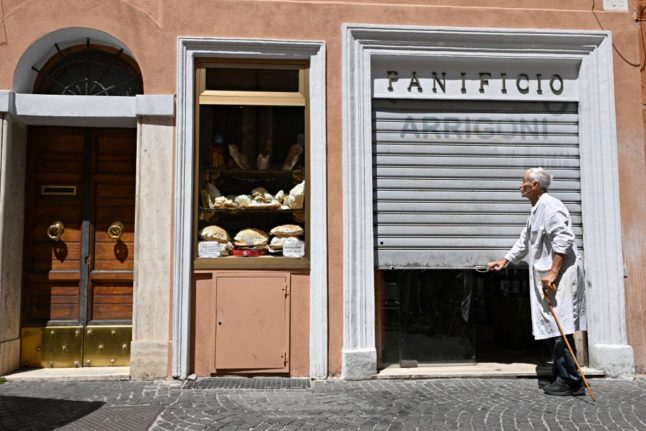
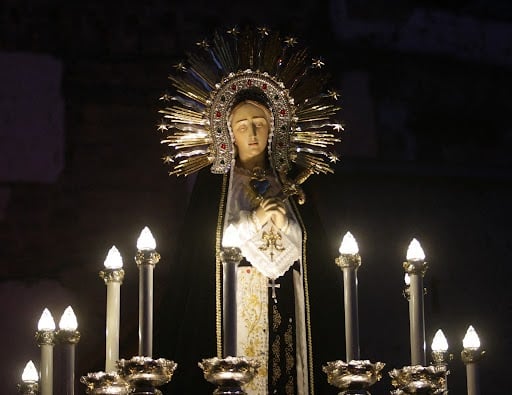
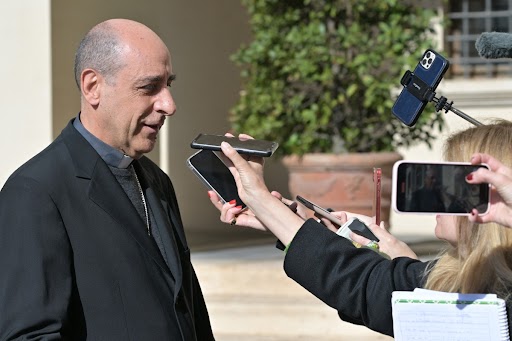
 Please whitelist us to continue reading.
Please whitelist us to continue reading.
Member comments